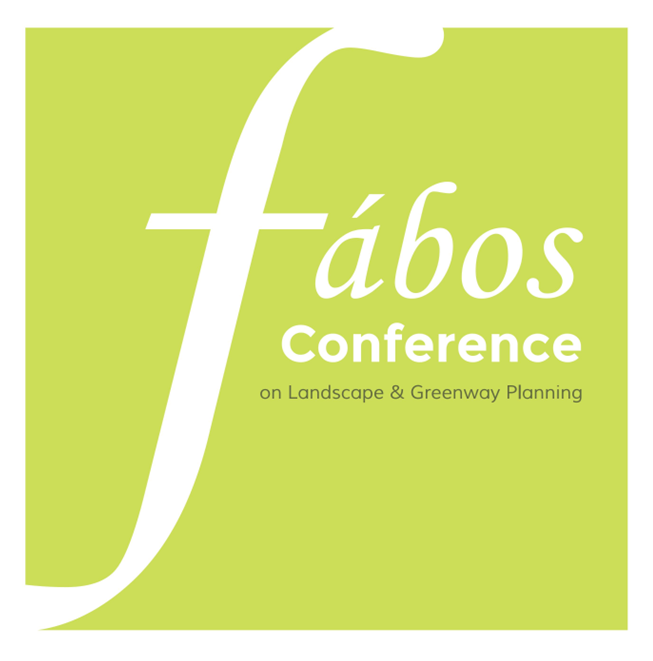Rethinking Approaches and Outcomes for Urban and Community Forestry
- James Williams (Center for Heirs Property Preservation)
Abstract
Sustainable forest management is an essential component of climate resilience. Communities managing and protecting their forestland is the foundation on which broader climate resilience efforts can develop. Urban tree planting initiatives often miss a crucial component of sustainable forest management—wood use. Annually, 3-4 billion feet of urban wood is sent to landfills every year after being cut down. Urban wood use programs could breathe new life into densely forested areas. Teaching and training residents to manage their forestland for biodiversity, timber, and non-timber forest products could be a major economic boost for the community. Historically, many communities in the United States had sawmills, lumberjacks, furniture makers, and forest management professionals all working in tandem to ensure their towns had healthy and productive forests. Over the past three decades there has been a decline in these sawmill towns and cottage industries but an increase in demand for sustainably sourced wood. Encouraging communities to think about sustainable wood use and forest management will help fill this gap.
How to Cite:
Williams, J., (2025) “Rethinking Approaches and Outcomes for Urban and Community Forestry”, Fábos Conference on Landscape and Greenway Planning 8(1), 8-9. doi: https://doi.org/10.7275/fabos.3128
Downloads:
Download PDF
312 Views
81 Downloads
